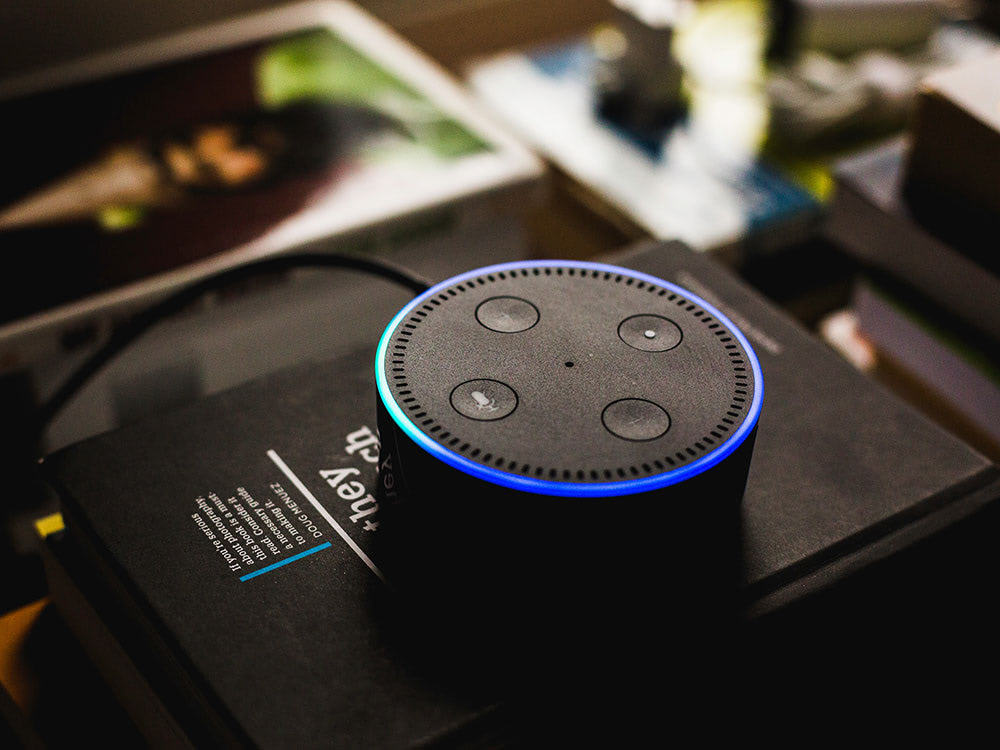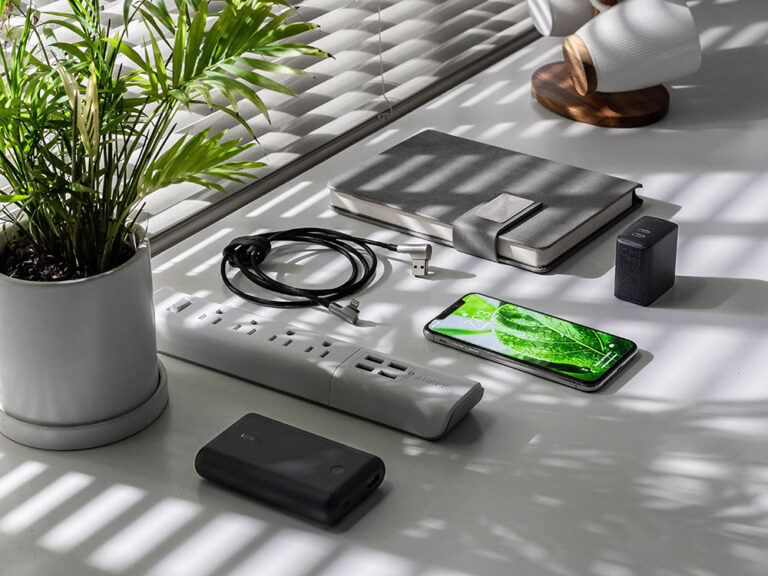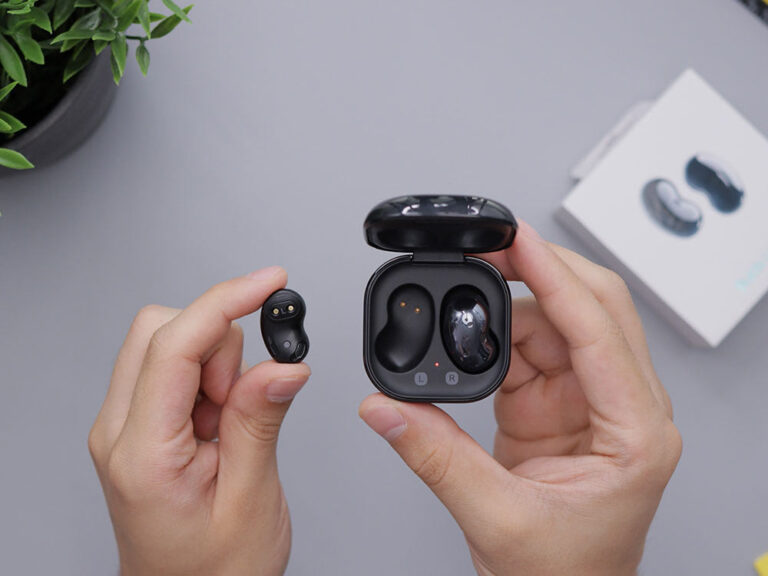For the modern traveler, a VPN isn’t just a tool it’s an essential companion for maintaining privacy and ensuring an open, unrestricted portal to the internet’s vast resources.
Table of Contents
Introduction
For travelers, Virtual Private Networks (VPNs) are the unsung heroes in the realm of internet connectivity. In a world where public Wi-Fi has become a honey trap for cybercriminals, VPNs cast a protective spell around your online activities.
They’re not just about security, though; VPNs are the ultimate travel hack for digital nomads thirsting for their local content, granting them access to their home services and media, regardless of geographic borders. With features that shield sensitive information during transactions and dodge the frustrating hurdles of bandwidth throttling, VPNs smooth out the online experience.
What are VPNs?
VPNs establish a protected, encrypted link between your device and the internet. This serves as a virtual shield to keep your online activities confidential and safe from potential cyber threats.
Why Use VPNs While Traveling?
– Protection on Public Wi-Fi: Public networks at hotels, airports, and cafes can be risky. VPNs protect your data by encrypting your connection, warding off unauthorized intrusions.
– Bypassing Geo-Restrictions: Geographic barriers often restrict access to familiar content when abroad. VPNs enable you to change your virtual location to circumvent these barriers smoothly.
– Securing Online Transactions: When reserving flights or making purchases, VPNs provide a security layer for your sensitive information, like credit card details.
– Avoiding Bandwidth Throttling: Some areas or networks might restrict internet speeds on particular services. Using VPNs hides your online footprint, thus preventing such throttling.
How to Choose the Right VPN for Travel
Research the VPN Provider
– Company Reputation: Look into the history and reputation of the company offering the VPN service. A longstanding and positive reputation is often a good indicator of reliability.
– Reviews and Ratings: Search for reviews from credible tech websites and user testimonials. Pay attention to both positive and negative feedback, especially regarding privacy, speed, and customer service.
Check Security Features
– Encryption Standards: Verify that the VPN uses strong encryption protocols such as AES-256 bit encryption, which is the industry standard for data protection.
– No-Log Policy: Ensure that the VPN provider has a strict no-log policy, which means they do not record or store any of your online activities.
– DNS Leak Protection: The service should offer DNS leak protection to prevent accidental exposure of your DNS requests to your ISP or other third parties.
– Kill Switch: Look for a VPN with a kill switch feature that automatically disconnects your device from the internet if the VPN connection drops, preventing data leaks.
Test Server Performance
– Speed Tests: Conduct speed tests on various servers to verify the impact of the VPN on your internet connection. Some reduction in speed is normal, but it shouldn’t be substantial.
– Server Locations: Check the number and diversity of server locations. A broad selection of servers helps ensure a reliable connection while traveling.
– Server Load: Some VPNs provide information on server load, which can affect performance. Choose servers with lower load for better speed.
Evaluate Privacy Policies
– Privacy Policy Transparency: Read the VPN’s privacy policy. It should clearly state what information they collect (if any) and how it is used.
– Jurisdiction: Consider the country where the VPN provider is based, as this can impact the legal requirements for data retention and sharing with authorities.
Assess Usability
– Free Trials or Money-Back Guarantee: A reliable VPN often offers a free trial period or money-back guarantee, allowing you to test the service risk-free.
– Multiple Device Support: Check if the VPN allows simultaneous connections on multiple devices with one subscription. This is useful when traveling with more than one device.
– Customer Support: Test the responsiveness and helpfulness of the customer support team by asking them questions about their service.
Test for IP, DNS, and WebRTC Leaks
– IP Leak Test: Use online tools to check for IP leaks. Your actual IP should not be visible when the VPN is active.
– DNS Leak Test: Similar to the IP leak test, this test checks for any DNS leaks that could reveal your browsing activity.
– WebRTC Leak Test: Ensure that your VPN can successfully prevent WebRTC leaks, which can expose your real IP address even when using a VPN.
Stay Updated on VPN Developments
– Security Audits: See if the VPN has undergone any external security audits or certifications that prove their commitment to security and privacy.
– Updates and Improvements: A reliable VPN provider should continually update its software to address security vulnerabilities and improve performance.
Setting Up Your VPN for Travel: A Quick Guide
1. Choosing a Reliable VPN Service: Research to find a trusted VPN that fits your travel needs, considering server diversity, security measures, and customer feedback.
2. Downloading and Installing the VPN App: Install the VPN app on your device by following the provided guidelines, ensuring support for various operating systems.
3. Connecting to a Server: Open the VPN app, select an appropriate server, and secure your connection.
4. Verifying Your Connection: Confirm the VPN is operational by verifying your new IP address, thereby assuring safe and encrypted web surfing.
Benefits of Using VPNs While Traveling
– Protection of Personal Data: VPN encryption acts as a barrier against cyber threats, safeguarding your privacy on any network.
– Enhanced Online Privacy: Relish in increased privacy, knowing your internet activities are obscured from unwanted oversight.
– Access to Geo-Restricted Content: Stream, read, and access online content without geographic limitations, thanks to your VPN.
– Seamless Online Transactions: Engage in online purchasing confidently, with your sensitive data under the protection of encryption.
Potential Risks and Considerations
– Limitations of Free VPNs: Free VPNs may have restrictions, such as reduced data allowances and speeds—invest in a paid VPN for a more dependable service.
– Impact on Internet Speed: Although VPNs can slightly decelerate internet connections due to their encryption processes, premium VPN services strive to make this impact negligible.
– Legal Aspects of VPN Usage: While typically legal, being informed about the regulations regarding VPNs in your destinations is recommended.
Testimonials and Real-Life Scenarios
Stories from travelers who have integrated VPNs into their routines can demonstrate the tangible benefits and real-world application of these digital safeguards.
Conclusion
For travelers, Virtual Private Networks (VPNs) are the unsung heroes in the realm of internet connectivity. In a world where public Wi-Fi has become a honey trap for cybercriminals, VPNs cast a protective spell around your online activities. They’re not just about security, though; VPNs are the ultimate travel hack for digital nomads thirsting for their local content, granting them access to their home services and media, regardless of geographic borders. With features that shield sensitive information during transactions and dodge the frustrating hurdles of bandwidth throttling, VPNs smooth out the online experience.
For the modern traveler, a VPN isn’t just a tool—it’s an essential companion for maintaining privacy and ensuring an open, unrestricted portal to the internet’s vast resources.
Equip yourself with a VPN for your travels to maintain secure connections and enjoy unbound internet access. The appropriate VPN not only shields your data but enhances your online experience.
FAQs About VPNs for Travel
– Is using a VPN while traveling legal?
Yes, for personal use, it’s permitted in most places.
– Can I rely on a free VPN for travel?
Free VPNs are available but consider a paid service for superior security and performance.
– Will using a VPN affect my internet speed?
A slight reduction is possible, but premium VPNs are designed to keep the slowdown to a minimum.
– Should I use a VPN on public Wi-Fi?
Absolutely—it’s a prudent measure to protect your information.
– Is a VPN necessary for international travel?
Yes, it safeguards against various online risks while traveling globally.



